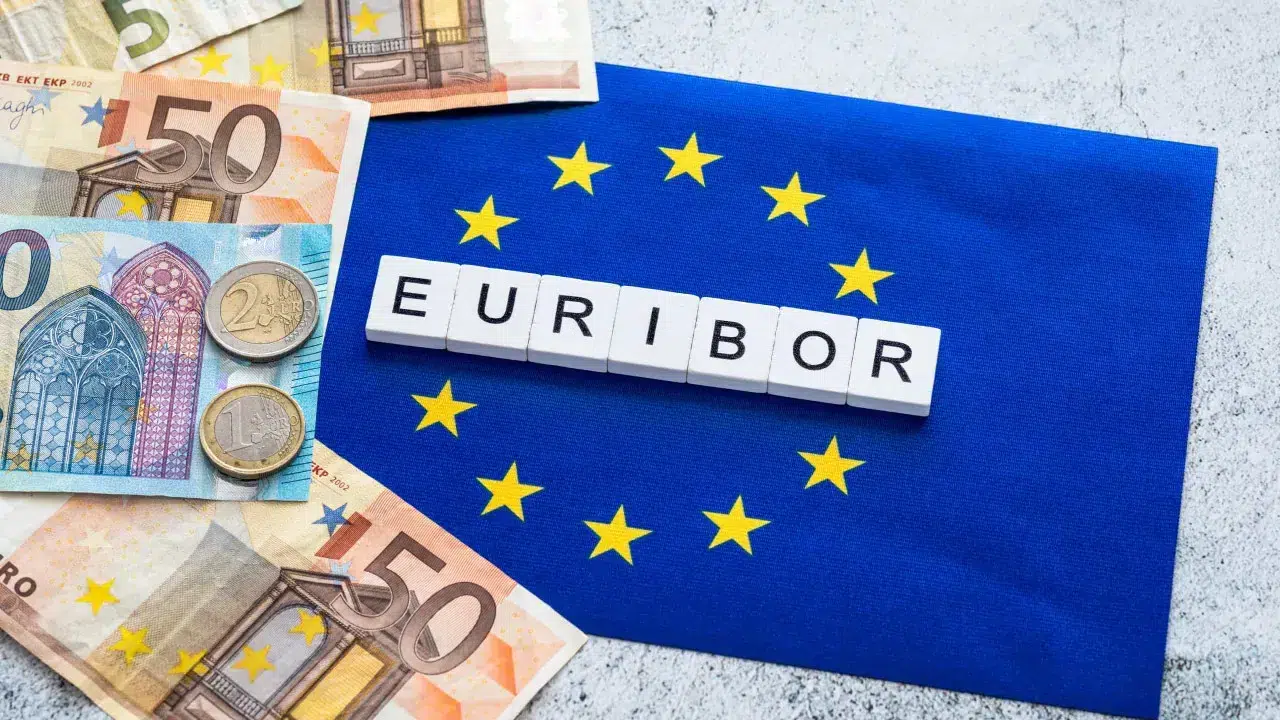
With today’s adjustments, the three-month Euribor rate decreased to 2.328%, placing it below the six-month rate (2.354%) and above the 12-month rate (2.324%).
The six-month Euribor rate, which in January 2024 became the most utilized in Portugal for variable-rate housing credits, declined today, settling at 2.354%, a decrease of 0.025 points.
Data from the Bank of Portugal (BdP) for January indicate that the six-month Euribor represented 37.75% of the stock of variable-rate loans for permanent home ownership. The same data show that the 12-month and three-month Euribor accounted for 32.52% and 25.57%, respectively.
For the 12-month period, the Euribor rate also fell to 2.324%, a reduction of 0.025 points, marking a new low since September 19, 2022.
In a similar trend, the three-month Euribor, which has been below 2.5% since March 14, declined today, being set at 2.328%, down by 0.027 points, reaching a new low since January 12, 2023.
On a monthly basis, the average Euribor rate in February decreased for both the three-month and six-month terms.
The 12-month Euribor, which rose in January for the first time after nine months of decline, also dropped in February.
Thus, the average Euribor for three, six, and 12 months in February decreased by 0.177 points to 2.525% for three months, 0.154 points to 2.460% for six months, and 0.118 points to 2.407% for 12 months.
As anticipated by the markets, the European Central Bank (ECB) decided in March to reduce key interest rates for the fifth consecutive time in six months by a quarter point, bringing them to 2.5%.
ECB President Christine Lagarde hinted that the institution is prepared to pause interest rate cuts in April.
The next ECB monetary policy meeting is scheduled for April 16 and 17 in Frankfurt.
Euribor rates are determined by the average rates at which a panel of 19 eurozone banks are willing to lend money to each other in the interbank market.




